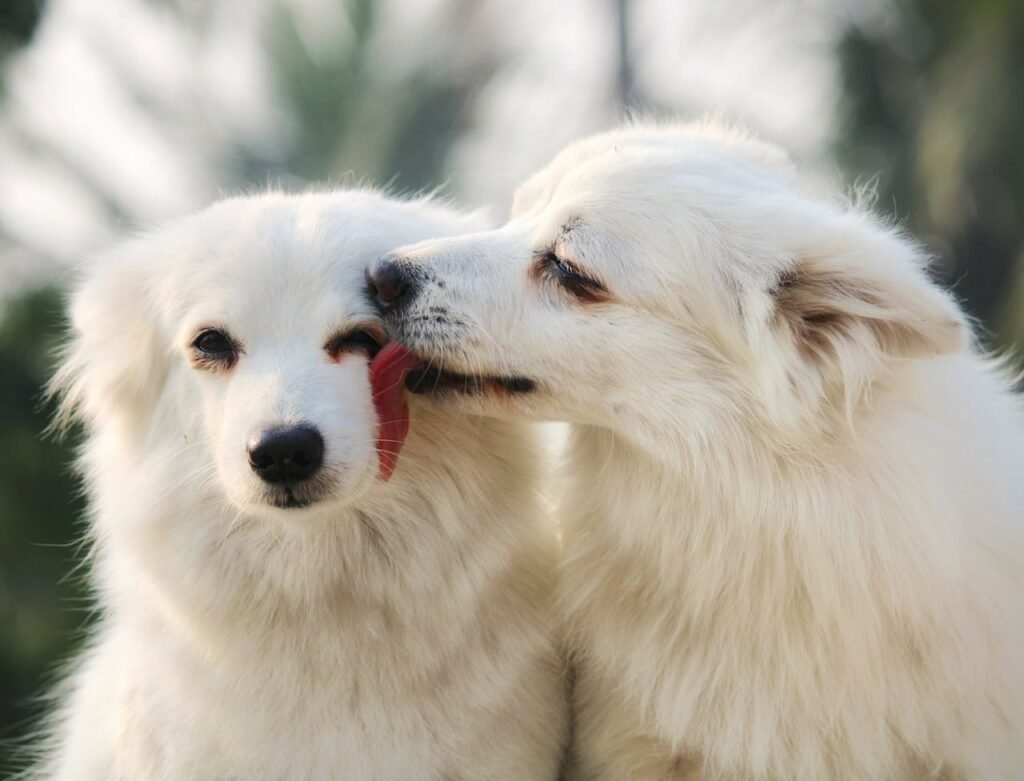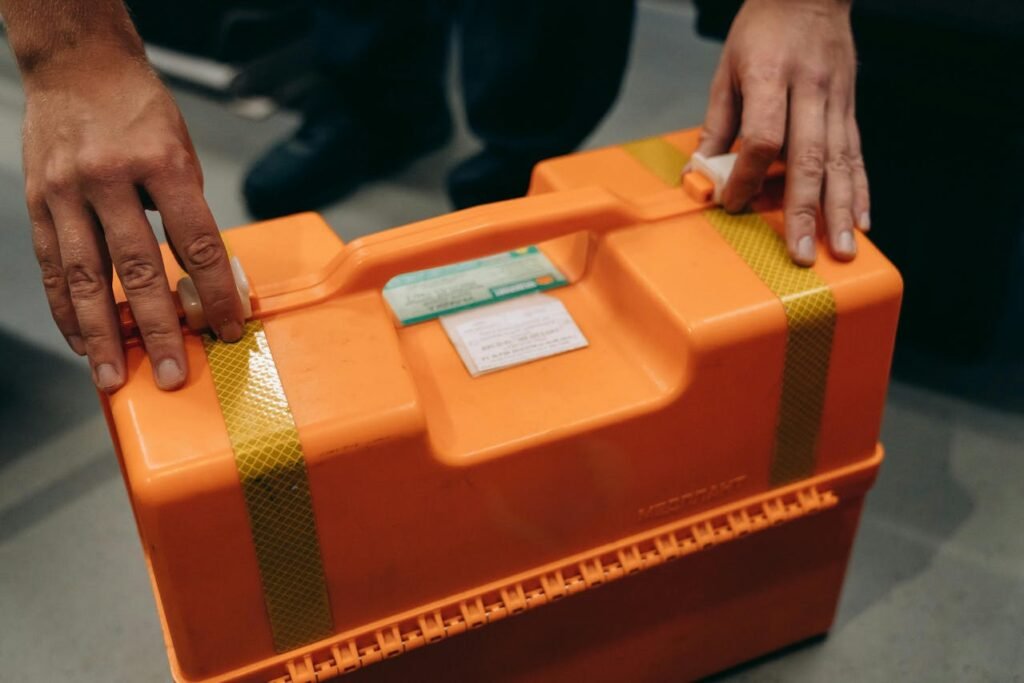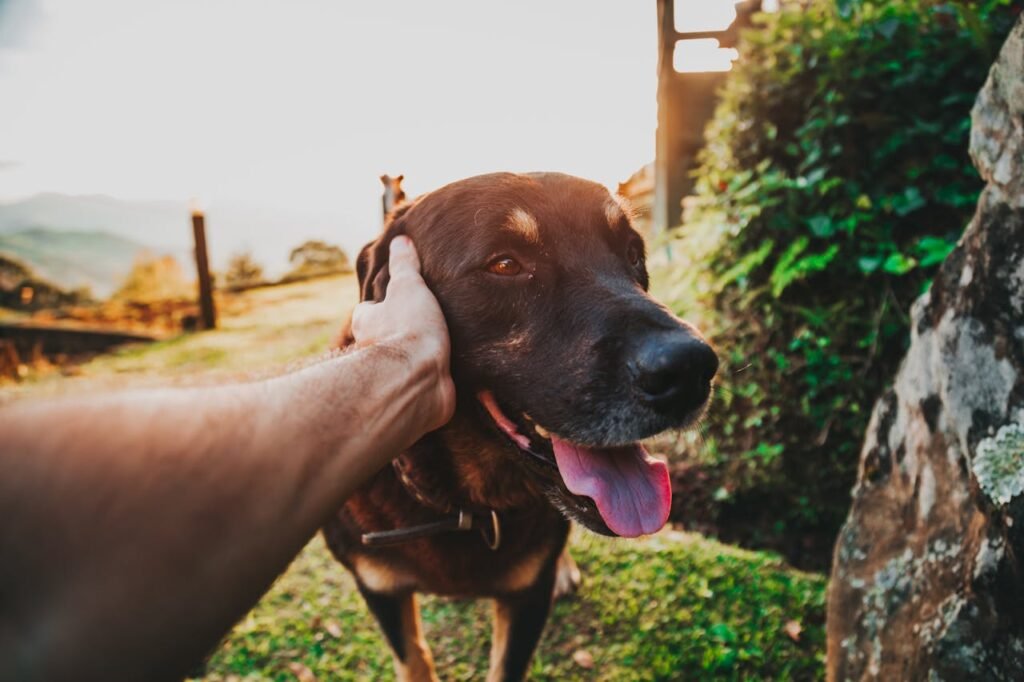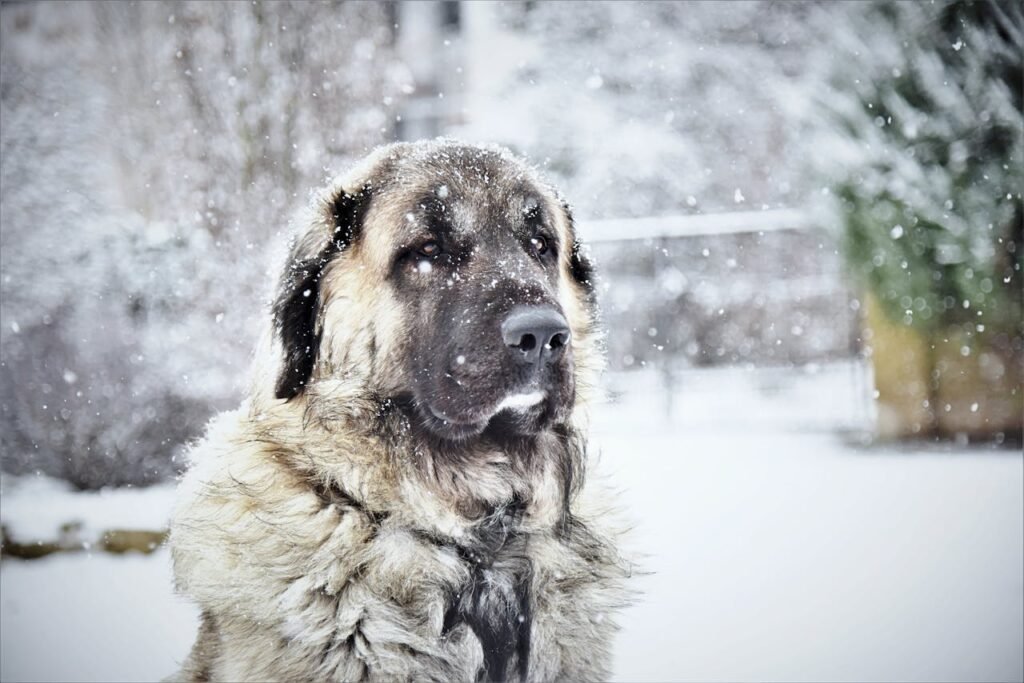Pets’ oral health is vital to their general wellbeing and extends well beyond just their breath. Similar to people, dogs can have discomfort, trouble eating, and serious infections as a result of plaque accumulation, gum disease, and tooth decay. The heart, liver, and kidneys are among the primary organs that can be impacted by dangerous germs that enter the circulation due to poor oral hygiene. Regular brushing, dental examinations, and a healthy diet can help prevent major health issues that many pet owners ignore. Your pet will have a happier, healthier life if you understand the connection between dental health and overall pet welfare. 1. Prevents tooth loss and gum disease Preventing gum disease, sometimes referred to as periodontal disease, is one of the most obvious advantages of practicing proper dental hygiene. An accumulation of plaque and tartar causes infection, inflammation, and eventually tooth loss. Pets use their teeth to feed, play, and even defend themselves. Their quality of life might be significantly impacted when they lose teeth as a result of neglect. Frequent brushing and veterinarian cleanings assist maintain the health of their gums and teeth, avoiding painful extractions and long-term oral damage. 2. Lowers the Chance of Heart Conditions Bad dental hygiene can have serious effects on the heart in addition to the mouth. Endocarditis, or inflammation of the inner lining of the heart, can result from bacteria from infected gums getting into the circulation and moving to the heart. Pet heart disease and periodontal disease are directly related, according to studies. Longevity and general well-being depend on heart health, which is promoted by maintaining proper oral cleanliness, which also reduces bacterial infections and the pressure on the cardiovascular system. 3. Enhances Absorption of Nutrients and Digestion The digestion process depends heavily on having healthy teeth and gums. Chewing gets unpleasant when a pet’s mouth isn’t healthy, which results in insufficient food breakdown. Malnutrition, digestive problems, and even weight loss may arise from this. Better nutritional absorption is ensured by proper chewing, which enables enzymes to start breaking down food before it enters the stomach. Your pet can chew more effectively when their teeth are strong and clean, which promotes improved digestion and general health. 4. Avoids Infections in the System Oral infection bacteria are not limited to the mouth; they can travel via the bloodstream to important organs. There is an increased risk of liver, kidney, and respiratory infections in pets with severe periodontal disease. If these infections are not treated, they may become fatal. Frequent dental treatment lessens bacterial accumulation, which stops pathogens from spreading and lowers the chance of serious systemic infections that might endanger your pet’s general health. 5. Promotes Liver and Kidney Health The liver and kidneys are in charge of eliminating toxins from the body, but they may get overworked due to bacterial infections brought on by poor dental hygiene. These essential organs experience increased stress and inflammation when germs from gum infections reach the bloodstream. Kidney and liver problems are far more likely to occur in pets with chronic dental disease. Making dental cleanliness a priority lessens this strain, enabling the liver and kidneys to operate effectively and ultimately promoting a longer and healthier life for your companion. 6. Promotes Emotional and Mental Health When a pet is experiencing dental discomfort, they may become irritable, aggressive, or retreat. Stress, worry, and decreased activity levels might result from persistent toothaches, gum infections, and eating disorders. Healthy teeth increase a pet’s likelihood of being lively, gregarious, and loving. Pet owners support their furry friend’s mental health by providing appropriate dental care, which enables them to engage in everyday activities without experiencing pain or suffering. 7. Gets Rid of Halitosis, or Chronic Bad Breath Persistent foul breath is frequently an indication of underlying dental illness, even though many pet owners ignore it as usual. Bacterial accumulation and food debris in the mouth cause halitosis. It gradually becomes worse and is a sign of severe oral infections if treatment is not received. Professional cleanings, dental treatments, and consistent brushing assist get rid of foul breath at its cause. In addition to being nice to pet owners, fresh breath is an indication of a mouth that is clean and healthy. 8. Lowers Long-Term Veterinary Expenses Although preventative dental treatment may seem like an extra burden, it can help pet owners avoid future expensive veterinary expenditures. Tooth extractions, gum operations, and systemic infection control are among the costly treatments that can result from dental problems. Pet owners may save a lot of money on medical bills and guarantee their pets stay healthy without having to endure unpleasant procedures by making regular investments in brushing, dental examinations, and preventative care. Treatment is usually more expensive than prevention. 9. Enhances the Human-Pet Relationship When performed properly, dental hygiene practices can improve the relationship between dogs and their owners. When combined with compassion and prizes, brushing your pet’s teeth may become a good relationship. When introduced gradually, many pets eventually come to love the routine. An emotionally and physically healthy pet will be more devoted, loving, and receptive to their owner. Maintaining their dental health is a loving gesture that strengthens bonds and builds trust. 10. Promotes Longevity and General Health A longer and healthier life is a result of the cumulative consequences of practicing proper dental hygiene. A healthy mouth lowers the chance of developing chronic diseases, boosts immunity, and guarantees that dogs may eat, play, and live pain-free. Pets with dental illness tend to have shorter lives, which highlights the value of preventative treatment. Pet owners may offer their animal friends the greatest chance for a long, active, and happy life by practicing good dental hygiene. A pet’s general welfare is greatly influenced by their oral health. It affects everything from longevity and mental well-being to heart and digestive health. Ignoring dental care can result in excruciating illnesses, expensive treatments, and perhaps fatal consequences. Pet parents should take proactive measures to guarantee their pets live long, happy






